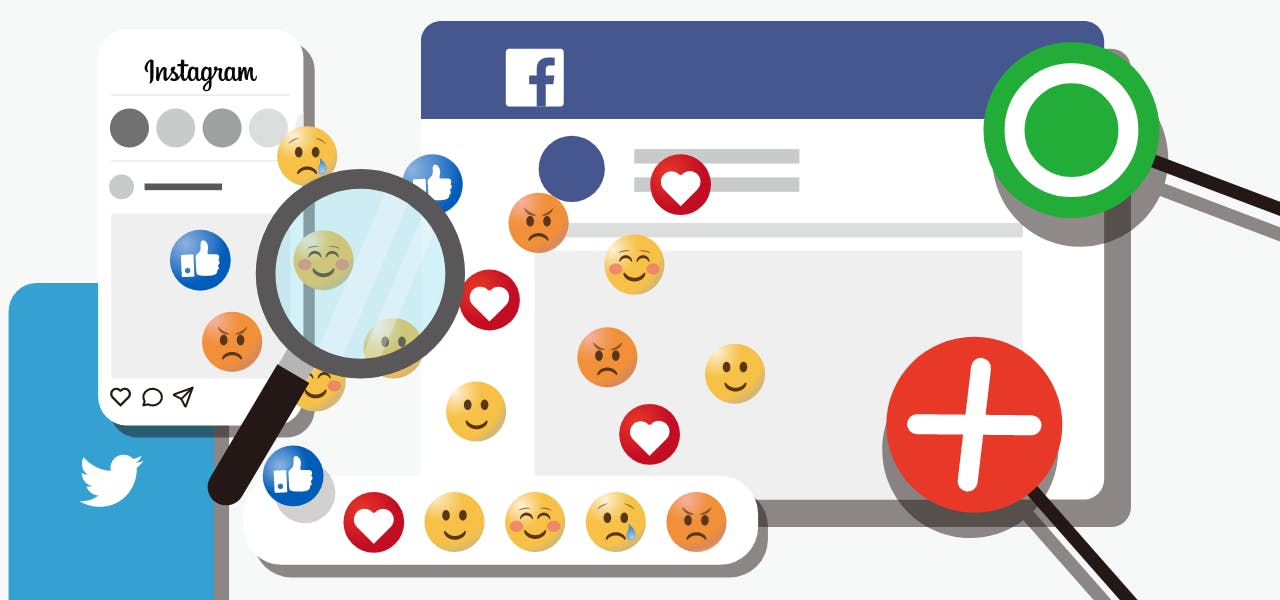Our social media profiles might be private, but when applying for new job recruiters and other hiring managers have many ways to peer into our online lives to get a sense of who we are and the experiences we’ve had. The reasoning is basically for a compilation of information and also a risk assessment. Potential employers and recruiters want to evaluate to the best of their abilities who a candidate is—and also who they present themselves as.
In this post, we’ll discuss some of the online mediums and their effect on the recruitment process, from a positivist perspective and also from a cautionary one. Because there are so many online platforms now that cater to creative individuals, in particular, it’s important to understand that every time you do share posts and create content, you are developing some type of audience. Usually, it’s just friends, colleagues, and even family members. But the information does stay online forever.
And especially for those looking for higher positions of power or those looking to apply to jobs at highly competitive organizations, your online profiles start to weigh more and more as recruiters and potential employers need to weigh your candidacy with other closely qualified applicants.
Blogs and Twitter accounts
Twitter is a platform where lots of arguments and banter tend to spill out at a moment's notice. If you’re applying for a job or know that you are going to be going through a round of interviews over a month-long period, it’s a good idea to not be confrontational on the platform at least during that time period. This is not to say that potential employers will be looking at your every tweet, but it is to say that one glance at a Twitter account that seems disruptive during the middle of an interview process can change an employer’s mind pretty rapidly.
That being said, some sectors are more active on Twitter and actually encourage Twitter usage— such as those who work in politics or government in the West. In general, professionals who hold some type of advocacy or mission-based role in their line of work tend to be more active on Twitter, if they are on the platform at all. Employers and hiring managers also express interest in candidates who are already tweeting and showing they share the same passion and ethics their organizational mission has.
Blogs are similar in that ideologies, sentiments, and political representations can be explicit on someone’s blog, although that doesn’t necessarily mean that employers will take too much notice. In general, hiring managers don’t have a lot of time to sift through long blog posts, and will mostly only check on someone’s blog if it is already included on their resume, or the applicant makes it a talking point that they have written or advocated for a certain cause. Blogs also show recruiters that when given the time to explore a creative outlet, the individual in question can not only perform but can develop their own style and taste for a subject matter. This is important for roles that require the longevity of a creative mindset.
LinkedIn, Impactio, and professional networking
While the above-mentioned platforms speak to a candidate’s creative abilities and also their political leanings and overall sentiments that might test for an applicant’s cultural fit into an organization, other platforms take a harder look at someone’s employment history, the data they have used for performance metrics, and what they have accomplished so far in their careers.
LinkedIn is increasingly a data-driven site where users tend to make their profiles as objective as possible that way when employers take a look, they will see which candidates offer the least amount of risk in terms of coming up with an offer.
Impactio also does a great job of making data a priority for researchers and academics. The site in particular caters to a more niche audience and is meant to connect research professionals and understand their ranking when it comes to publications and citation metrics. Impactio is the most objective of the three mentioned so far.
So really candidates have a decision to make, and it includes decisions that range from whether they want to present themselves as creatives online or highly objective decision-makers with metrics to back up their success. Most candidates fall somewhere in the middle, as it is not easy to come up with metrics for everything one has done in their career, and for some who are more right-brained, posting on Twitter represents a core of who they are. Still, these decisions need to be weighed the realization that candidates can come in second to other job candidates who simply don’t have much of an online presence.
